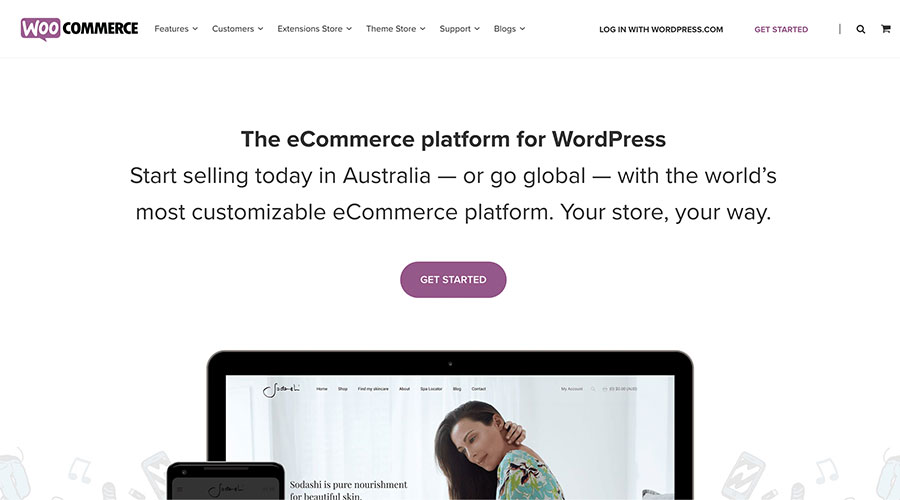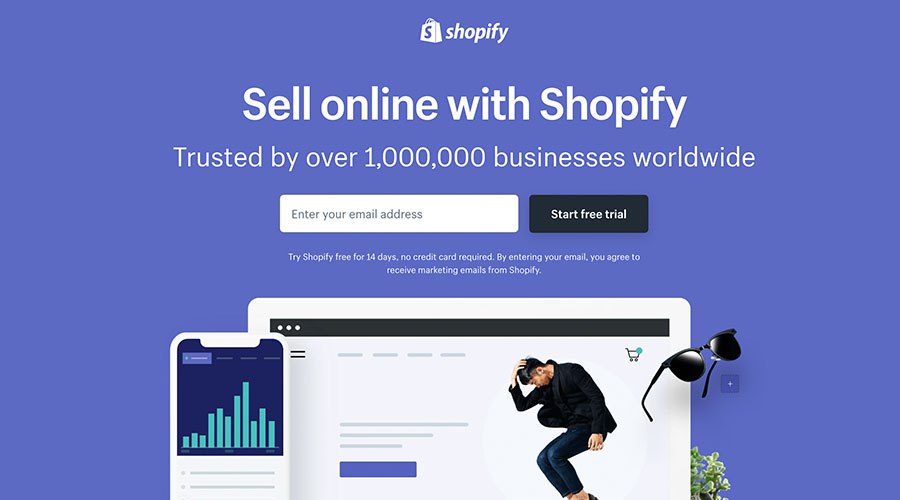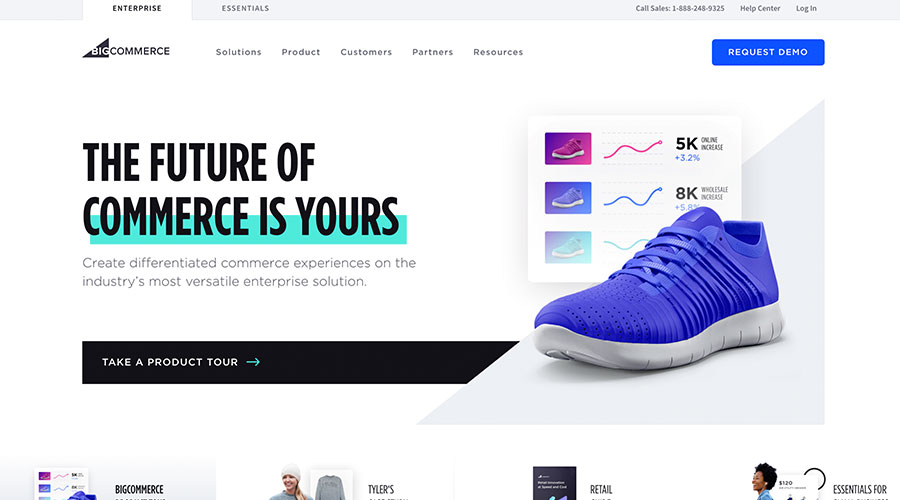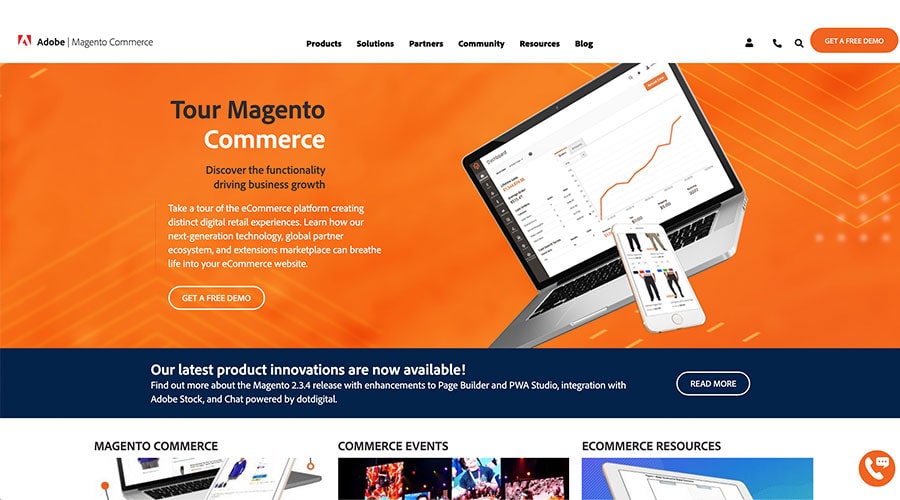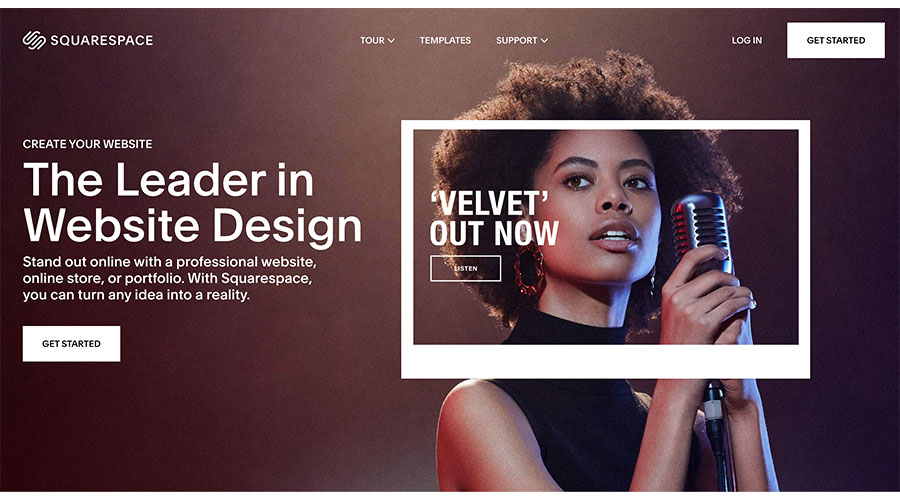At Design Point, building eCommerce websites is one of our specialties which you can see in some of our work. Working with businesses we get many queries about which are the best eCommerce platforms to use for its value, performance and features.
We’ve designed and developed several custom eCommerce websites, and while doing so we’ve learned there’s not just one preferred platform. Each one has its own benefits and suitability for different brands and goals, which is why we look into each one to match the context of each client.
Which eCommerce platform should you choose for your business? In this post, we’ll start by looking at the factors you should examine when evaluating the different platforms. This will help you make an informed decision. What are they?
Features
In general, most if not all platforms share similar features to help you run an effective online store. However, some contain features that may be specific to your business requirements and stage of growth. For example, Shopify has a Point of Sale (POS) feature. This saves you from having to invest in a POS.
Look-and-feel
Why is this important? It’s a ‘store’, after all. It needs to be visually appealing to entice shoppers to walk in. In your choice of eCommerce platforms, it’s great if the choice of designs is wide, especially those that are free. But above all, it is important the choice of design is consistent with your brand positioning and products.
Technical support
Murphy’s Law reigns regardless of the technological capabilities of the platform. It’s safe to assume things can go wrong. When they do, not if they do, it’s important to access technical support easily and quickly. Today’s consumers are demanding and less forgiving as well as spoilt for choice. The slightest inconvenience can push them away.
Price
Sometimes this can be a case of “how long is a piece of string?” It is a competitive space. While they may appear to be relatively similar, it’s good to take a closer look at the fine print. But above all, it is important to weigh the price against:
i. Your business goals
ii. Your business strategy, which will determine the features you need
iii. Your projected ROI
So, what the top most popular eCommerce platforms today?
Are you ready to learn more about which eCommerce platform will be right for you? Check out our overview and see how they compare.
1. WooCommerce
WooCommerce is a WordPress plug-in, so it’s easy for businesses to turn their WordPress sites into online stores. To this end, it is useful for small businesses with limited budgets to set up their eCommerce capabilities. With its own payment processor as well as shopping cart, you’ll be open for business in no time.
2. Shopify
It’s impossible to discuss eCommerce platforms without a word or two on Shopify. To many, it is almost the default choice, and for good reasons too. It’s easy to set up, offers a wide variety of beautiful eCommerce-centric designs and features as well as a marketplace for add-ons. Where it has the edge over the competition is the comprehensive technical support it gives across all gateways 24/7 – call, email, chat, Twitter and online forums. They’ll help you bounce back quickly. But as you would expect from a leading brand, its price can be prohibitive. It tends to rise as you add on more features, which you may be attracted to.
3. Big Commerce
It’s often thought to be the closest competitor to Shopify. Some have argued it to be the best platform for small businesses. One of Big Commerce’s advantage is it integrates easily with Amazon, eBay as well as various social networks. In that sense, it widens your store’s reach. With an equally large app store, it can grow in tandem with your business’ growth.
4. Magento
Magento is one of the leaders in regards to eCommerce, and features and functions like unlimited product listings, discounts and recurring payments make it an eCommerce business’ dream machine. But it requires programming skills and expertise to get it working. It is an enterprise-level solution.
5. Squarespace
Undoubtedly, the most salient website builder at the moment. Extending itself into the eCommerce field is a natural extension. Known for its beautiful designs, it is probably most suitable for high-end brands or clothing and fashion accessories. It’s mobile-centricity augurs well for brands chasing the omnichannel shopper. Perhaps its biggest drawback is the lack of payment options. This may change over time.
Which eCommerce platform is right for your business?
Still looking for the best platform for your project? Design Point can advise you on the best option for your brand, and built a custom online store to streamline your eCommerce journey.
Want to have a chat? Reach out to the web design experts at Design Point to talk about your goals today.



